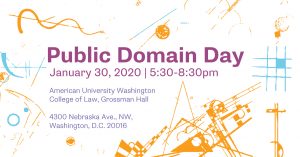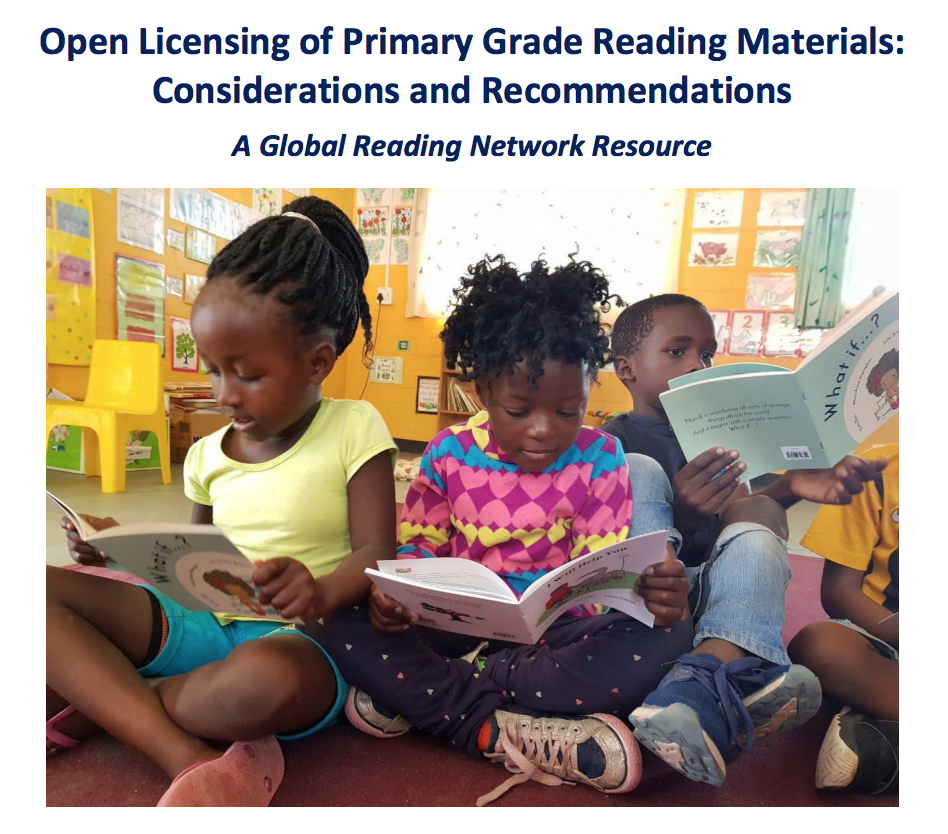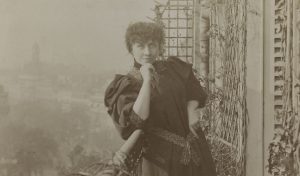
Broken Hill Wall Mural-07= by Sheba_Also 43,000 photos is licensed under CC BY-SA 2.0
This post was co-authored by Diane Peters (CC’s General Counsel) and Alexis Muscat (CC’s 2019 legal intern)
For the past year or so, CC has been tracking and thinking about strict, less than-amicable enforcement activities involving CC licenses. These activities present a complex situation for our organization. CC licenses must be enforceable; they are designed to allow sharing while protecting a creator’s rights. At the same time, they are meant to be flexible in what attribution is required, which only need be “reasonable” based on the means, medium, and context of the re-sharing. Further, CC has always strongly encouraged amicable resolution of attribution disputes, an important value within the CC community, and one that has been dominant for quite some time.
Not all licensors support the ideal of amicable resolution. Some feel that strict enforcement is important. Others view license infringement as an opportunity to “catch” a failure to earn compensation for work that is otherwise being shared for free. Complicating this dynamic is that in some countries such as the United States, statutory damages exist that impose minimum amounts for violations. This is a function of copyright law and creates opportunity for what some may think is inequitable enforcement, a problem that goes far beyond CC licenses.
With a growth in online services offering reverse image search technology to quickly locate re-uses of a photographer’s image, it is becoming easier and more streamlined for licensors to pursue enforcement when they suspect infringement. In most cases, the service will pursue enforcement on the photographer’s behalf. While many people find value in these services, we think it is important to acknowledge that by using them the licensor seems to forgo the opportunity to resolve the dispute amicably through direct engagement with the licensee.
Oftentimes, when a license infringement is innocent, the mistake can be easily rectified and the relationship between licensor and licensee can be repaired. Relying on a third party service fractures the opportunity for connection between the creator and the re-user that allows this reparation to occur. This fracture can result in a missed opportunity for both licensor and licensee, most especially when those are both individuals as opposed to large institutions, to connect and learn how works are being used and re-shared. It makes the licensing under a CC license strictly a transaction, precluding what some feel can also be a community experience. As an organization that values openness and generosity, we think it is important for users and re-users to have the opportunity to build direct relationships and work together when possible.
Ultimately, CC does not take a position on these types of enforcement activities. We steward the licenses. We do not police them, nor are we a party to them. When a creator decides to license their work under a CC license they are entitled to enforce its terms. That said, strict enforcement may be contrary to norms that have developed and will continue to develop within communities that view licensing as an opportunity to openly share their creativity and contribute to the commons.
Creative Commons is committed to investigating options that allow us to further encourage amicable resolution while at the same time ensuring that the licenses are enforceable. These options include continued education efforts and technological solutions that make compliance easier. If users of CC licenses can easily and clearly understand the terms connected to their use, then infringement can be avoided and consequently so can resolution efforts—be them amicable or otherwise. At the end of the day, we value the relationship between creator and re-user; a relationship that is open, direct, and amicable allows productive problem resolution and an opportunity to express gratitude.
This complex situation provides us with a valuable opportunity to share suggestions for how to avoid infringement and resolve disputes amicably:
- Always remember to provide attribution when you reuse a CC work. This is the source of most disputes between a creator and re-users. While flexible and easy to comply with, many re-users mistakenly think that attribution is optional. It isn’t unless the licensor tells you otherwise.
- You may always reach out to the licensor to attempt to resolve the dispute amicably. Most of the time, problems with attribution can be quickly remedied without the dispute being elevated to legal action.
- CC licenses do not limit fair use or other exceptions or limitations to copyright. So, if your use falls within one of those exceptions, you do not need permission under the license and are, therefore, not liable for a license violation.
- CC licenses are flexible and require “reasonable” attribution in the circumstances. When an individual is using someone else’s content under a CC license, it is important to understand the license terms and follow them carefully. This is especially important considering the rise in online services that make it extremely easy for a licensor to locate reuses and possible infringements. Information about how to properly provide attribution can be found here.
- In the future, look for CC licensed works under a 4.0 license. While incorrect attribution may still be a violation of the license, after being informed of it there is a 30 day period in which to correct the violation. While a re-user may remain liable for damages prior to fixing the violation, if cured the damages are cut off. Plus, the attribution requirements in 4.0 are even more flexible than in previous versions. You can find content under 4.0 licenses through CC Search.
EFF is working to provide resources to individuals who are on the receiving end of strict enforcement actions. You can reach out to info@eff.org for more information about the legal services it provides.
The post Thoughts on “Non-Amicable” Enforcement of CC Licenses appeared first on Creative Commons.



